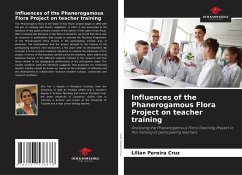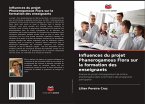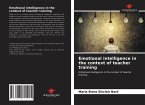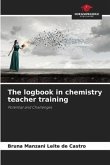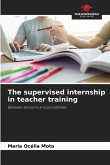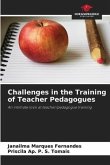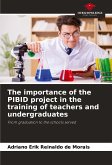The 'Phanerogamic Flora of the State of São Paulo' project began in 1993 with the aim of studying São Paulo's vegetation. In 1997, it was presented to the teachers of two public primary schools in the interior of the state of São Paulo. After reviewing the literature in the field of education, we found that there was no research or publications that sought to evaluate the Teaching Programme of the Phanerogamic Flora Project in the participating schools and, in particular, the contributions that the project brought to the training of the participating teachers and researchers a few years after its development. We consider it to be of great academic relevance to analyse the influences of this project, in terms of the practices carried out by the teachers, when addressing botanical themes in the different subjects involved in the research and how these remain in the pedagogical performance of the participants today. The results reinforce what the literature suggests: that proposals for continuing teacher training should be drawn up, based on the principles of reflexivity and the development of collaborative research between schools, universities and research institutes.
Bitte wählen Sie Ihr Anliegen aus.
Rechnungen
Retourenschein anfordern
Bestellstatus
Storno

